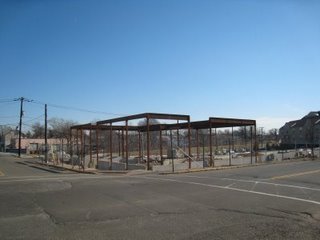After holding a public hearing on the municipal budget last month, the City Council is expected to vote on the spending plan at its meeting on Monday at 7 p.m.
The 2011 budget, which runs through June, is $44.9 million, with approximately $31.1 million (up from $29.7 million last year) coming from property taxes. The governing body held a public hearing on the budget at its January meeting but tabled approval of the spending plan until the February meeting. The overall budget is up about 1.3 percent from last year while last year’s budget was up about 4.5 percent.
The average home, assessed at $133,000, paid roughly $2,280 in municipal taxes last year, and that total is expected to rise by about 6 percent, according to City Administrator and Redevelopment Director Peter Pelissier. A 6-percent increase would bump last year’s average municipal taxes paid by about $136, for a total of almost $2,416.
Municipal taxes generally make up about a quarter of the overall tax bill, with another quarter from county taxes and half from school taxes.
In case you missed it, the Merck-Schering-Plough merger, announced almost two years ago, looks like it will mean some of Merck’s Rahway employees, as well as some in Summit and Union, will be moved to Kenilworth eventually. The firm plans to convert its Kenilworth campus into a research center focused on biologics, according to this Star-Ledger report last month. Some 580 manufacturing jobs will be lost while another 900 employees in marketing, HR and legal will move to the headquarters in Whitehouse Station.





